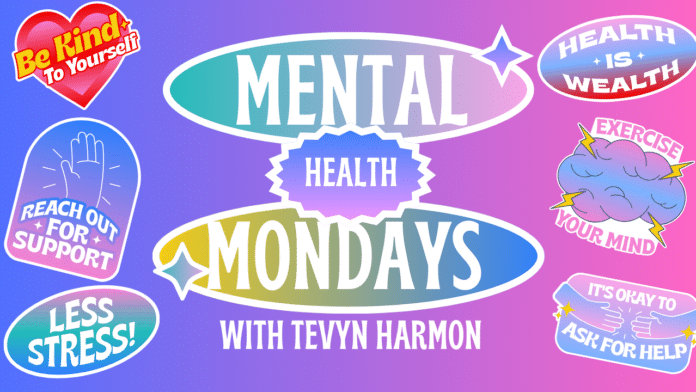
There was a time in my life when saying “yes” felt like the only option. Whether it was agreeing to take on extra work, attending social events I didn’t have the energy for, or overcommitting to projects, I thought saying “yes” made me reliable and likable. But what I didn’t realize was that constantly saying “yes” was slowly draining me, leaving me mentally exhausted and emotionally depleted.
Saying “no” isn’t just about turning down obligations—it’s about protecting your mental space and prioritizing your well-being. It took me years to understand that saying “no” isn’t selfish; it’s necessary. Here’s why:
1. You Can’t Pour From an Empty Cup
When you constantly put others before yourself, you run the risk of burnout. I’ve been there—stretched too thin, exhausted, and unable to be present for the people who matter most. Saying “no” allows you to recharge, refocus, and show up fully when you do say “yes.”
2. It Helps You Set Boundaries
Boundaries are essential for mental wellness. Without them, people will take as much as you’re willing to give, often without realizing the toll it takes on you. Learning to say “no” has helped me set healthy boundaries in my personal and professional life, making space for what truly aligns with my goals and values.
3. It Teaches Others How to Treat You
When you respect your own time and energy, others will, too. Saying “no” establishes that your mental space is valuable, and people who genuinely care about you will understand. The more you practice saying “no,” the easier it becomes to surround yourself with those who respect your boundaries.
4. You Gain More Control Over Your Life
Before I learned the power of “no,” my schedule was dictated by everyone else’s needs. Now, I prioritize what matters most to me, and I’m more intentional about where I invest my time and energy. Saying “no” gives you the power to design a life that feels fulfilling instead of overwhelming.
5. Your Mental Health Improves
The guilt of saying “yes” when I really wanted to say “no” weighed heavy on me. But once I started honoring my needs, I noticed an immediate improvement in my mental health. Less stress, more peace, and an overall sense of control over my emotions and responsibilities.
At the end of the day, saying “no” isn’t about shutting people out—it’s about making sure you have enough left in the tank for yourself. Protecting your mental space is one of the most powerful forms of self-care, and the more you practice it, the stronger and more confident you become.




